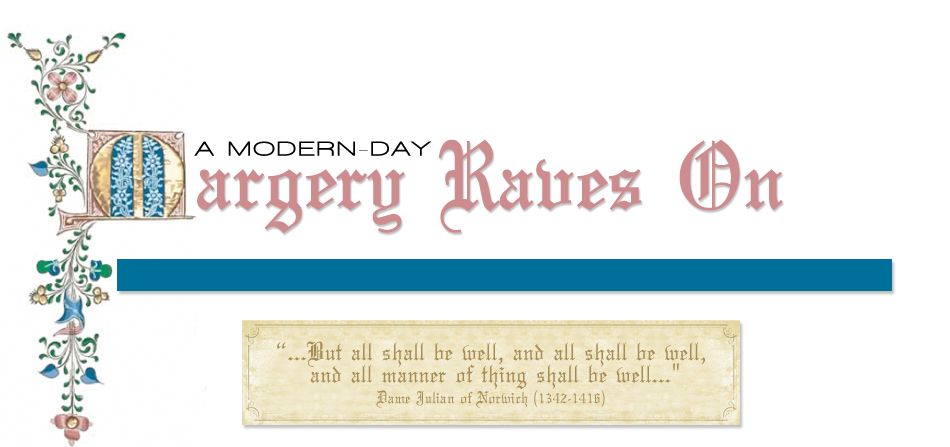When I heard the ages of the children who were killed, I saw
the face of my grandson… and wept. Unimaginable.
I believe there is no greater loss on earth than the loss of
a child.
I almost lost a child 4 ½ years ago. But we never lost hope.
Never, not even in the most desperate clinging-to-life days. There was always
hope for a miracle.
These parents have no such hope. They will never see their
precious children again on earth. Just the thought of never seeing James’ big
brown eyes again feels like a punch in the stomach.
How do you keep on living after that? How do you breathe?
But people do.
I know people who have.
I broke down and bought the Heaven is For Real book at Target yesterday. I read it in about an
hour or so. I wanted to hear it in the words of a young child.
Of course there’s skeptical criticism about any book of this
kind. (“The Bible doesn’t say we’ll have
wings…” “Where does it say anything about animals?” etc.)
The specifics weren’t important to me. No human explanation
of heaven will ever be perfect. We don’t have the vocabulary.
But the words of that little boy helped me. He was so
matter-of-fact about what he’d seen and experienced.
Those of us who’ve never had a Near Death Experience must
rely on faith, though not of our own mustering.
The Holy Spirit sends “blessed assurance.”
Emily Dickinson was a near-recluse, yet that assurance led
her to pen these words:
I never saw a moor,
I never saw the sea;
Yet know I how the heather looks,
And what a wave must be.
I never spoke with God,
Nor visited in heaven;
Yet certain am I of the spot
As if the chart were given.
I believe with all my heart that those children from
Connecticut are alive and well in a far better place than this. Fully alive.
Busy. Joyful. Happy. Engaged. Learning. Being saturated with more love than we
can imagine.
Their loved ones on earth are walking through a deep valley
of sadness that cannot be articulated. But surely some must have hope.
I pray that they do.
I pray that they have, or may come to have, this kind of
hope:
“They
placed their hope in a better
life after the resurrection.” (Hebrews 11:35)
“For we have heard of your
faith in Christ Jesus and your love for all of God’s people, which come from
your confident hope of what God has
reserved for you in heaven.” (Colossians 1:4-5)
“Praise
be to the God and Father of our Lord Jesus Christ! In his great mercy he has
given us new birth into a living hope
through the resurrection of Jesus Christ from the dead, and into an inheritance
that can never perish, spoil or fade—kept in heaven for you, who through faith
are shielded by God’s power until the coming of the salvation that is ready to
be revealed in the last time. In this you greatly rejoice, though now for a
little while you may have had to suffer grief in all kinds of trials.” (I Peter
1:3-6)
That’s the only kind of hope that makes it
possible to endure the unendurable.
***************
Father,
we pray that you will minister to those grieving this unthinkable tragedy. Send
your Holy Spirit to comfort and love in ways that words cannot express. Grant
those who weep the gift of faith and hope in You. Give them eyes to see beyond
the flimsy veil of life on earth to eternal realities. Comfort them with
assurance that their precious ones are safe with You, beyond all pain and
sadness forever and ever. Amen.
***************
Some books to whet your appetite about the
future:
Heaven,
Joni Eareckson
The
Great Divorce, C.S. Lewis
Heaven,
Randy Alcorn
The
Heaven Answer Book, Billy Graham
Heaven
Is For Real, Todd Burpo and Lynn Vincent
To
Heaven and Back, Dr. Mary C. Neal
The
Boy Who Came Back From Heaven, Kevin and Alex Malarkey
All are available through Amazon.
(The old saying “We don’t want to be so
heavenly-minded that we’re no earthly good” seems to me to be obsolete. I think
we need to be as heavenly-minded as possible these days. It makes us more earthly good.)
More on Hope from the
dusty archives: http://katherineawolf.blogspot.com/2008/12/hope-against-hope.html
Please feel free to
recommend other good books on Heaven in the comments.
***************
So....if you've already read this today, you'll notice it has a different title now. That's because Granny had already published a post with that title!
I need to sign up for Luminosity. Or the New York Times crossword puzzle.
Anyway, here's another take on hope from the archives: http://www.margeryraveson.com/2011/09/better-hope.html
Please do re-read it if you need some extra hope today. I just did.
Please do re-read it if you need some extra hope today. I just did.





